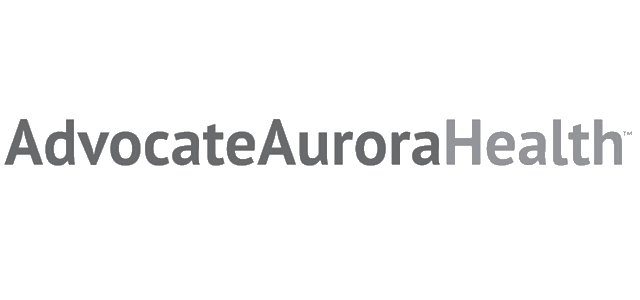Introduction
The Emergency Department nurses use the ISAR six-item screen to identify older adults who have extra needs. Those who score a 2 or greater may be at increased risk for return to the Emergency Department or for hospital admission. Hospital admission may be avoided if the ED team develops a safe outpatient care plan. On the other hand, there may be no social worker available in the ED during night shift or on weekends. Other situations may result in the ED social worker attending to patients who are admitted to the hospital.

Assessing the Social Needs of the Older Adult
Which key questions can help a nurse or provider assess the social needs of an older adult in the Emergency Department?
- Is there a change from baseline ability to perform self-cares?
- Is there a change from baseline ability to walk?
- Is the older patient confused, depressed, losing weight, or having significant trouble hearing?
- Is there anyone at home to help?
- Is the family caregiver having extra strain related to their responsibilities?
- Is there an ability to make a change in the medications or to the care plan?
- Can the ED staff communicate the care plan with the family caregiver or care facility?
- Does the Medicare insurance have any effect on the resources available after the ED visit?
S.E.N.S.E.
When assessing older adults, we must make S.E.N.S.E:
Safety
Elimination
Nutrition
Skin
Egress
Key Community Resources
What are the key community resources which an ED nurse or provider can access to assist an older patient who is being transitioned home?
Older adults discharged to home from the ED may benefit from ADL/iADL assistance, home-based medical management of chronic and acute issues, caregiver support, and coordination with the next site of care. Timely home support and medical evaluation may depend on the ED’s ability to deploy community resources such as:
- ADL/iADL support: Home Care agencies, home PT/OT, and meal services.
- Home medical management: home nursing agencies, community paramedicine, and home wound care.
- Caregiver support: adult social or medical day programs, respite facilities, and the Alzheimer’s Association.
- Care coordination: primary care, palliative care, and hospice.
Referral relationships with subacute and acute rehabs and residential facilities can safely help to avoid admission.
It is important to have knowledge of how to access the Aging and Disability Resource Center (ADRC) for your county. Older adults that present to the emergency room may not meet criteria for admission or an observation stay, but they may benefit from a quick discussion to see if they are thriving in their home environment or if they are just getting by. The ADRC has an abundance of resources.
References
https://www.dhs.wisconsin.gov/adrc/index.htm
https://www.mealsonwheelsamerica.org


